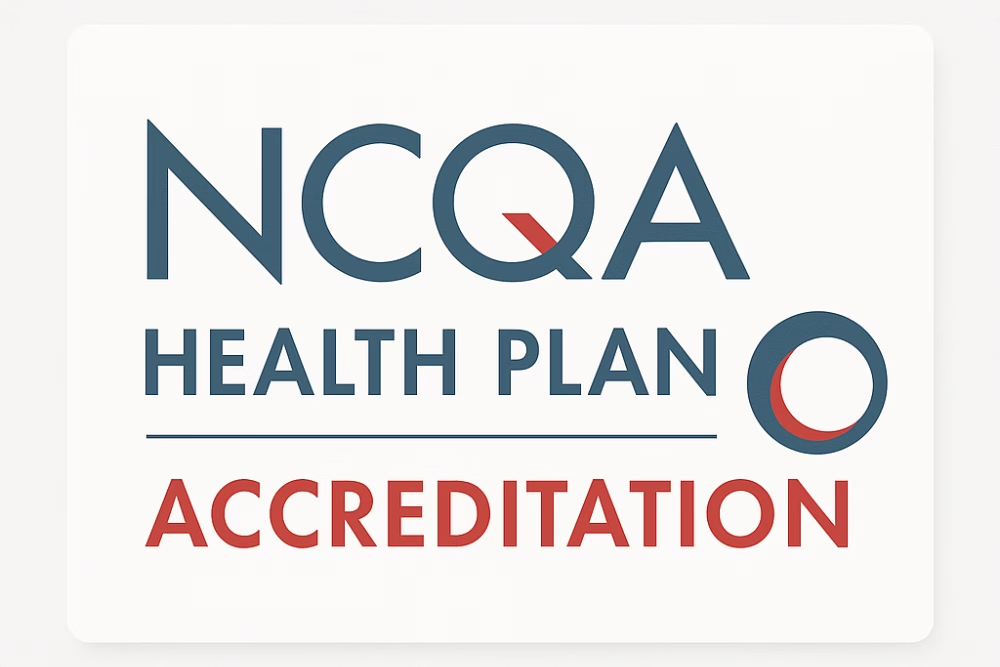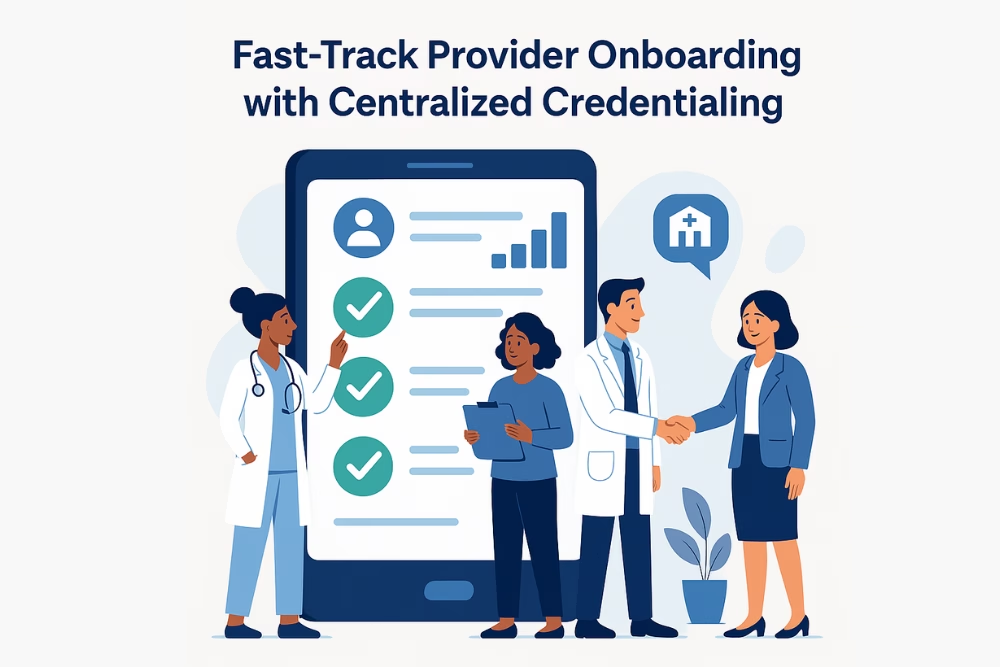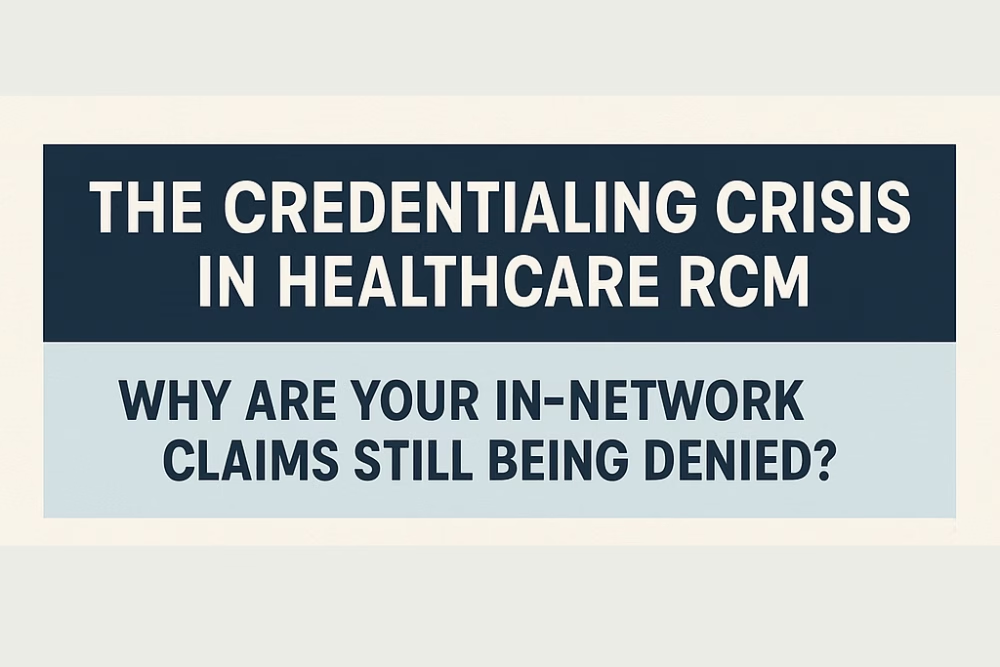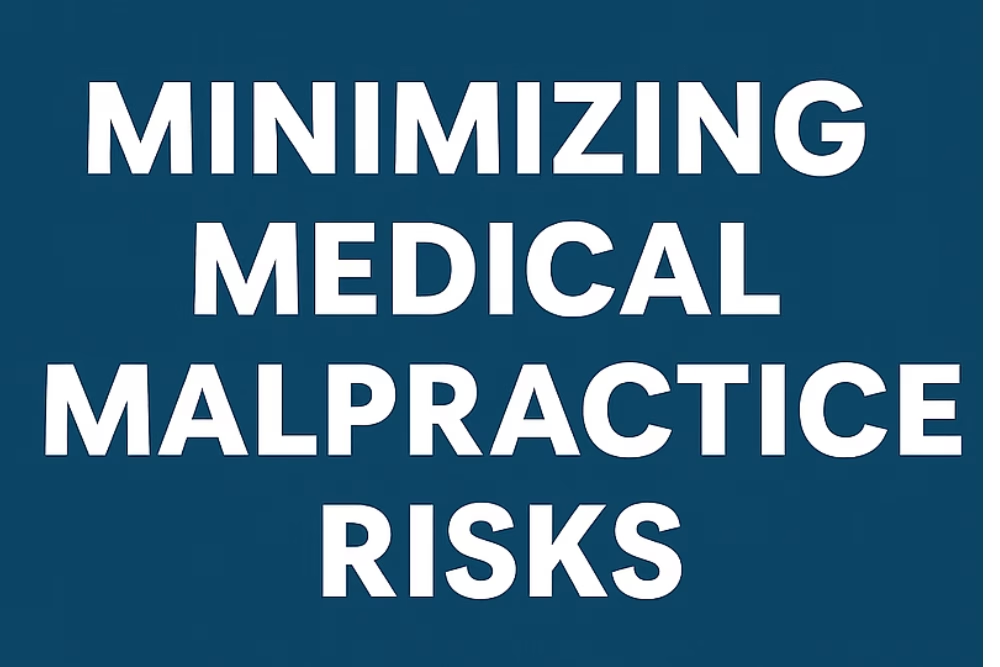In today’s fast-moving healthcare environment, quality and compliance are more important than ever. For practice managers, healthcare providers, and clinic owners, understanding the role of NCQA Health Plan Accreditation is essential. It helps ensure your organization delivers patient-focused, high-quality care while staying compliant.
Accreditation from the National Committee for Quality Assurance (NCQA) isn’t just a symbol of excellence—it’s a comprehensive guide to building a reliable and efficient healthcare system. It offers measurable, data-driven standards that drive results and build trust with stakeholders.
What is NCQA Health Plan Accreditation?
NCQA Health Plan Accreditation is a nationally respected certification that evaluates how well a health plan performs in several essential categories. These standards help healthcare organizations remain competitive and compliant while improving patient outcomes.
Earning this accreditation is more than checking boxes—it reflects a deep commitment to quality, efficiency, and continuous improvement.
Core Areas of Evaluation
The NCQA assesses health plans in the following key areas:
-
Quality Management & Improvement – Focuses on consistent performance tracking and improvement systems.
-
Population Health Management – Helps tailor care strategies to specific patient populations.
-
Network Management – Ensures the provider network is high-quality, accessible, and well-maintained.
-
Utilization Management – Encourages efficient use of healthcare services based on evidence-based criteria.
-
Credentialing & Recredentialing – Validates the qualifications and ongoing competence of healthcare professionals.
-
Member Rights & Responsibilities – Protects patients and promotes active involvement in care decisions.
-
Member Experience – Enhances communication and support between members and the health plan.
-
Medicaid Program Management – Addresses the unique needs of Medicaid beneficiaries.
Each category includes detailed benchmarks. Plans must demonstrate strong performance through documentation, internal processes, and results during both virtual and on-site reviews.
Smart Strategies for Audit Readiness
Preparation is key to a smooth accreditation experience. Here’s how you can get ahead:
1. Understand the Latest Standards
Start by reviewing the most current NCQA Health Plan Accreditation standards. This gives you a roadmap for aligning your operations.
2. Perform an Internal Audit
Conduct a thorough internal review to identify gaps. This self-assessment helps you prioritize improvements before the official audit.
3. Embrace Healthcare Technology
Use automated credentialing tools, source verification systems, and AI analytics to reduce errors and improve efficiency.
4. Train Your Team
Educate staff on NCQA standards and compliance expectations. A well-informed team will work more confidently and accurately.
5. Monitor and Improve Continuously
Keep track of performance metrics and credentialing data to ensure long-term compliance and avoid last-minute surprises.
Why NCQA Accreditation Matters
This accreditation has real benefits for healthcare organizations:
-
Builds trust with patients and payers
-
Opens doors to more partnerships and contracts
-
Reduces risk by maintaining strict credentialing practices
-
Boosts long-term operational efficiency
-
Demonstrates a strong commitment to patient care
By securing NCQA accreditation, your organization signals that it meets—and exceeds—national healthcare quality standards.
Let eClinicAssist Help You Succeed
Navigating the NCQA accreditation process can feel overwhelming, but you don’t have to do it alone. At eClinicAssist, we help healthcare organizations streamline operations, meet compliance standards, and reach accreditation goals faster.
Let’s simplify your journey to excellence. Contact eClinicAssist today.







